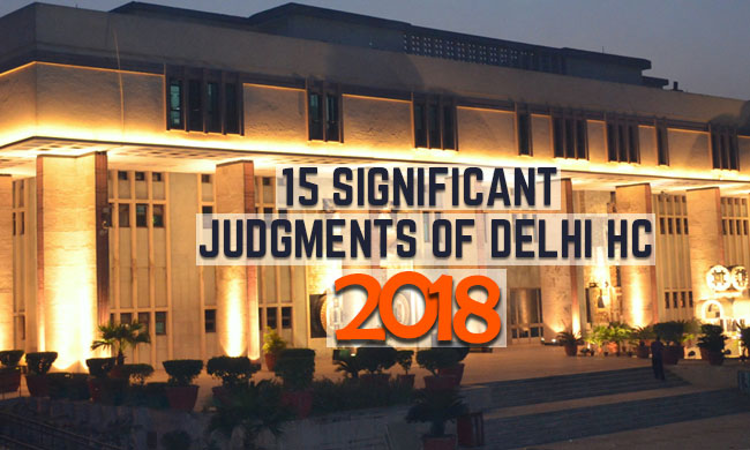- Home
- /
- Top Stories
- /
- Best Of 2018: 15 Significant...
Best Of 2018: 15 Significant Judgments Of Delhi HC
ashok kini
8 Jan 2019 8:30 PM IST
1. BEGGING Harsh Mander & Anr V. Union of IndiaThe Delhi High Court decriminalised begging in the national capital, striking down several provisions of the Bombay Prevention of Begging Act as unconstitutional. The bench comprising Acting Chief Justice Gita Mittal and Justice C Hari Shankar observed, "The State simply cannot fail to do its duty to provide a decent life to its citizens and...
Next Story



